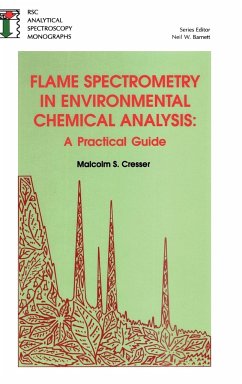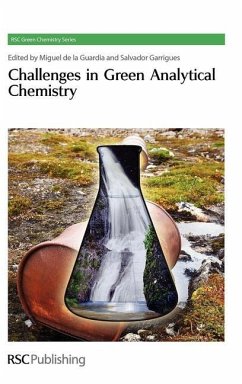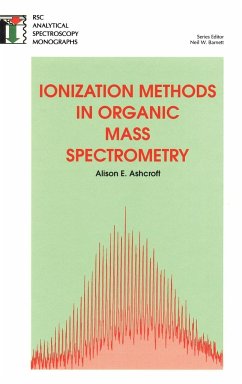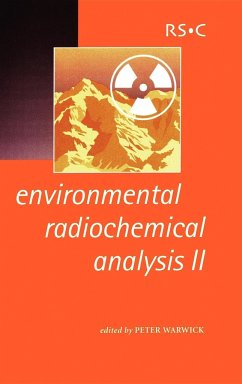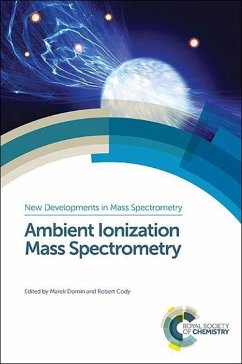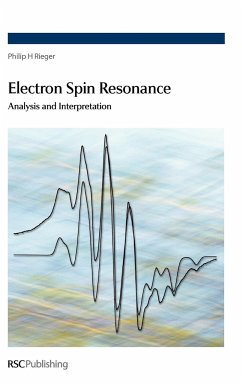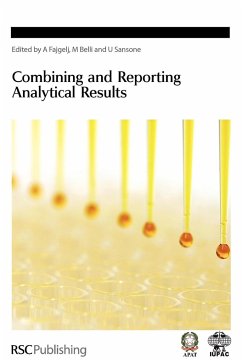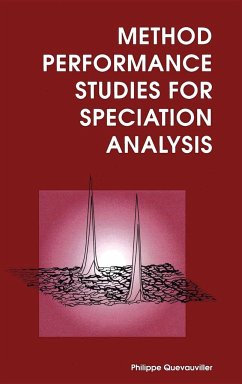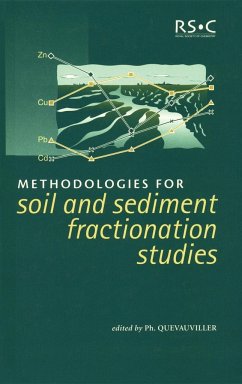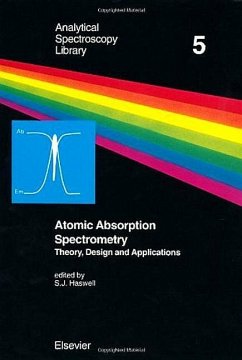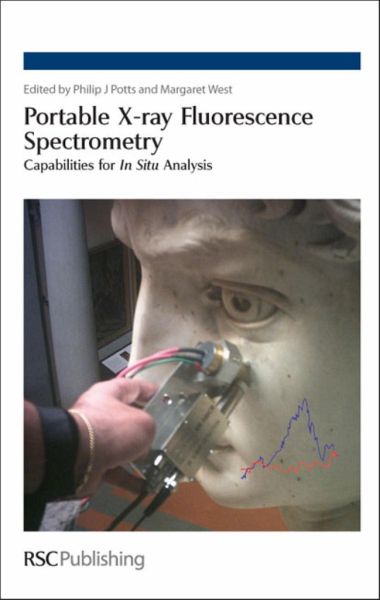
Portable X-Ray Fluorescence Spectrometry
Capabilities for in Situ Analysis
Herausgeber: Potts, Philip J; West, Margaret
Versandkostenfrei!
Versandfertig in über 4 Wochen
153,99 €
inkl. MwSt.

PAYBACK Punkte
77 °P sammeln!
Portable X-ray fluorescence (PXRF) instrumentation has some unique analytical capabilities for the in situ analysis of samples in the field. In this monograph, an overview is given of instrumentation, analytical capabilities, and limitations in the interpretation of results, sampling considerations and applications where PXRF offers substantial advantages over conventional analytical techniques. The aim is to give the reader an insight into the capabilities of the technique and to demonstrate the contribution it can make to a range of areas of contemporary scientific interest. Chapters are wri...
Portable X-ray fluorescence (PXRF) instrumentation has some unique analytical capabilities for the in situ analysis of samples in the field. In this monograph, an overview is given of instrumentation, analytical capabilities, and limitations in the interpretation of results, sampling considerations and applications where PXRF offers substantial advantages over conventional analytical techniques. The aim is to give the reader an insight into the capabilities of the technique and to demonstrate the contribution it can make to a range of areas of contemporary scientific interest. Chapters are written by internationally recognised scientists with practical experience of in situ analysis using portable X-ray fluorescence. Portable X-ray Fluorescence Spectrometry: Capabilities for In Situ Analysis demonstrates the wide range of applications for the technique. Whilst many authors use commercially available instrumentation, applications such as the analysis of museum samples & works of art and extraterrestrial analysis demonstrate the ingenuity of the authors to develop and build equipment for specific studies. Sampling, quantification and correction procedures are presented to give the reader a comprehensive introduction to the capabilities of PXRF for in situ analysis. The book will be of interest to analytical scientists, environmental and geological scientists, industrial hygienists, industrial and plant scientists, archaeometrists and museum researchers, research scientists and students.





